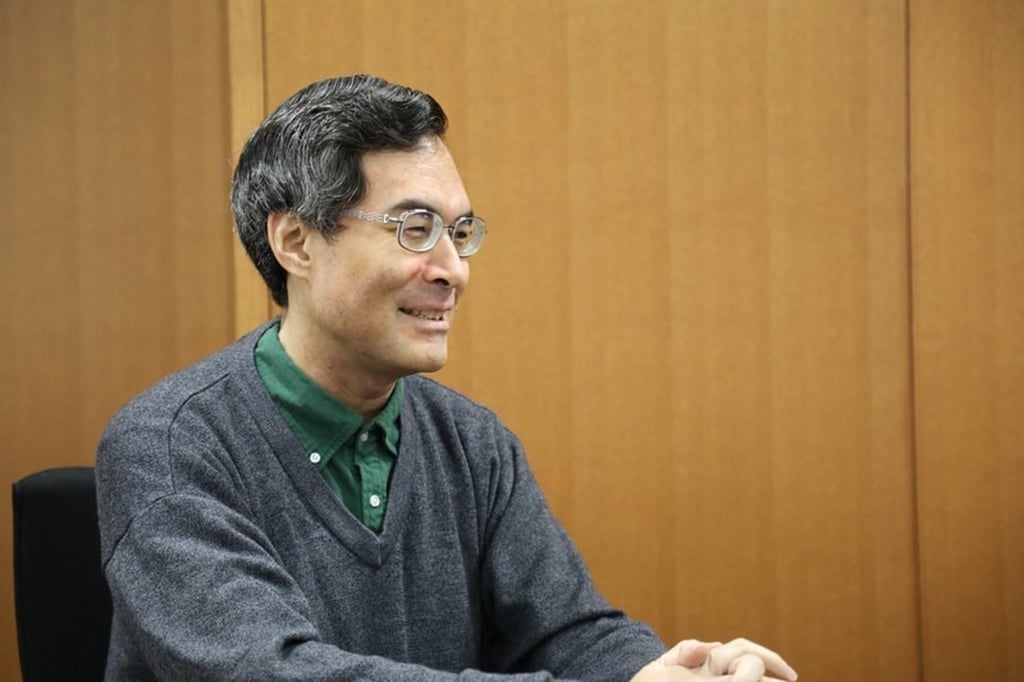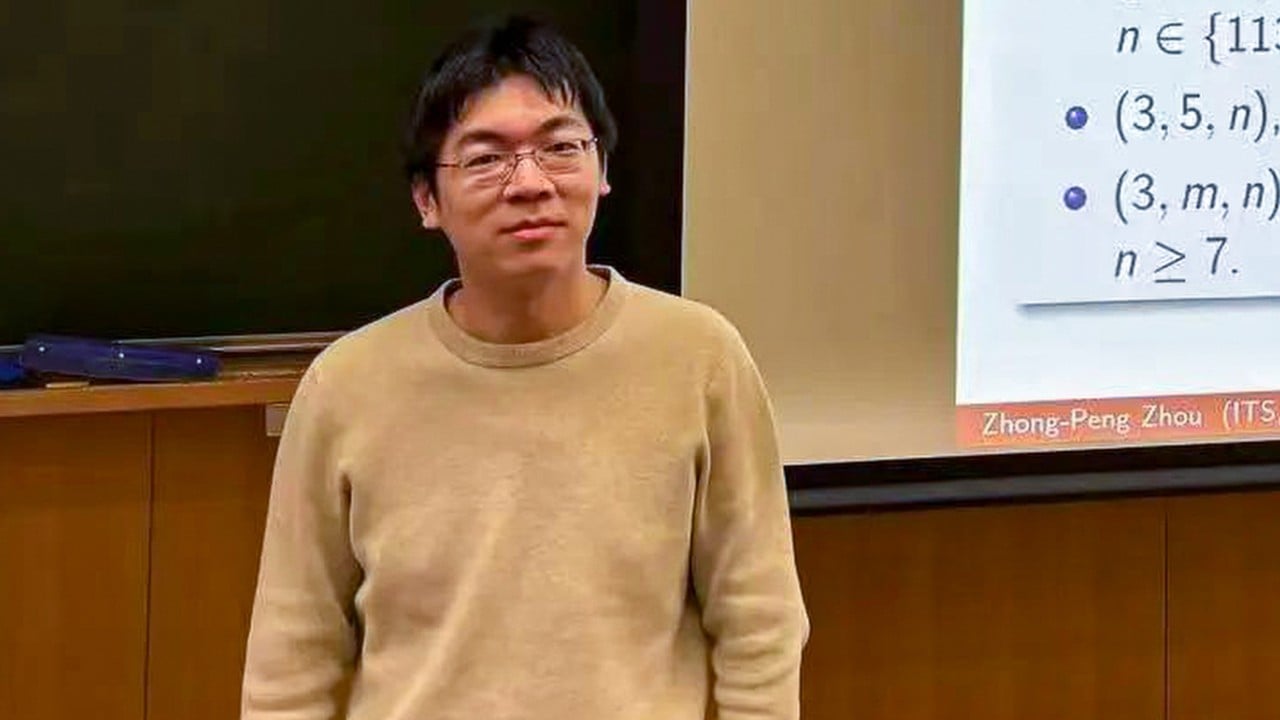Zhou Zhongpeng, a 28-year-old Peking University doctoral dropout turned tech engineer, has deciphered one of mathematics’ most cryptic frontiers dubbed the “alien’s language” for its impenetrable 2,000-page framework and extraterrestrial-like notation.
Advertisement
Japanese professor Shinichi Mochizuki’s Inter-universal Teichmueller Theory (IUT) has baffled experts since its 2012 debut as a proposed proof for the ABC conjecture, a Holy Grail problem with radical implications for number theory.
Armed with late-night study sessions and a discarded academic career, Zhou’s breakthrough may have transformed the ABC conjecture from conceptual abstraction to computationally usable tool.
The feat, achieved during weekends between gruelling 14-hour shifts as a Beijing algorithm engineer, not only revives Mochizuki’s controversial theory but threatens to eclipse Andrew Wiles’ famed 1995 proof of Fermat’s Last Theorem in scope.
“His results are infinitely stronger than Wiles,” declared Professor Ivan Fesenko, a leading IUT authority who now mentors Zhou at Westlake University.
Advertisement
Kyoto University mathematician Shinichi published a 500-page paper claiming to prove the ABC conjecture in 2012.


